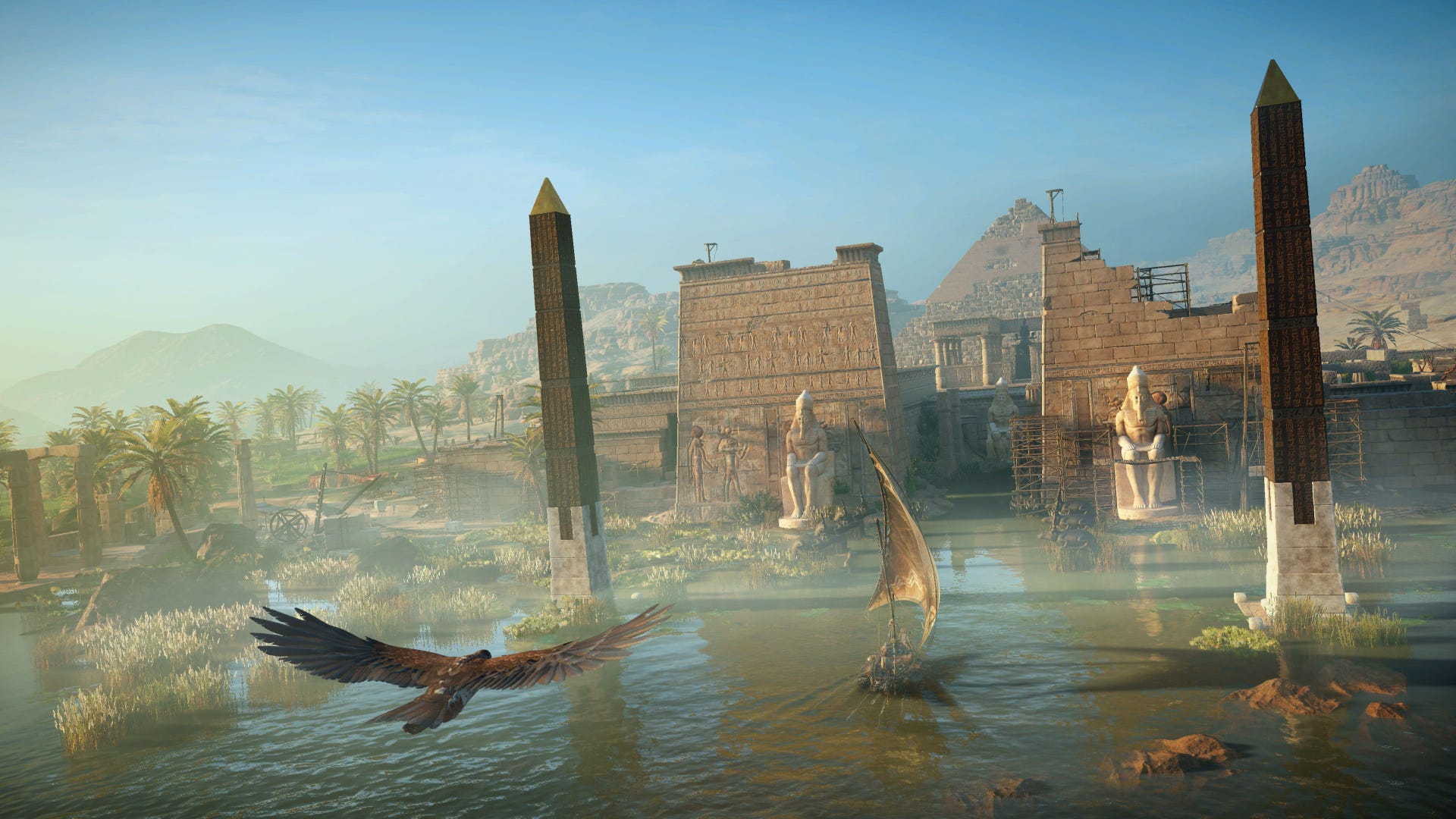Microsoft unveils powerful new research tools in Copilot overhaul
While improving Microsoft Copilot’s basic research functions might not be as sexy as, well, a Copilot that finds you sexy, it’s still very much one of the most important uses for Copilot as a research tool. On Friday, at Microsoft’s 50th anniversary celebration, the company showed off its Copilot redesign. The company introduced Copilot Vision for Windows as well as a more intuitive Copilot assistant. But Copilot’s knowledge capabilities are also being improved with Copilot Search, Deep Research, podcasts, and Pages. The podcasts and Pages features may seem familiar. Google unveiled a hidden feature that allowed users to upload their own documents on a certain topic, and Google’s own AIs would create an engaging podcast about them. Microsoft appears to be doing the same. Pages also feels like it’s been done before, as Google also allows you to upload content to a workspace. Pages might be a bit more thorough, as it’s designed to synthesize various research into a draft document. Microsoft is also allowing Microsoft 365 users to create Research agents, with information stored in corporate repositories. https://www.youtube.com/watch?v=uAVywhF4p2Q Microsoft also isn’t the first to enable Deep Research, a feature that both ChatGPT and Google Gemini offer. Deep Research can take several minutes, but the output is worth it. Deep Research can read several, even dozens, of web pages, synthesizing their content, then producing a research report based upon what it’s read. It’s a powerful tool and generally considered more accurate since the output is drawn from live web pages. Microsoft Microsoft has already quietly launched Copilot Search, the final entrant in Microsoft’s list of research-minded Copilot features. Copilot Search is a bit like Deep Research, in that it uses live web pages as a research tool. However, it’s designed to be both quick and factual, shoving away new AI-powered search engines like Anthropic from Bing’s role in traditional search. Microsoft said that it’s beginning to roll out these experiences, beginning today. However, Microsoft hasn’t released a formal roadmap, which will likely vary by geography and language, as well as by feature. Updated at 10:03 AM with additional details.

While improving Microsoft Copilot’s basic research functions might not be as sexy as, well, a Copilot that finds you sexy, it’s still very much one of the most important uses for Copilot as a research tool.
On Friday, at Microsoft’s 50th anniversary celebration, the company showed off its Copilot redesign. The company introduced Copilot Vision for Windows as well as a more intuitive Copilot assistant. But Copilot’s knowledge capabilities are also being improved with Copilot Search, Deep Research, podcasts, and Pages.
The podcasts and Pages features may seem familiar. Google unveiled a hidden feature that allowed users to upload their own documents on a certain topic, and Google’s own AIs would create an engaging podcast about them. Microsoft appears to be doing the same.
Pages also feels like it’s been done before, as Google also allows you to upload content to a workspace. Pages might be a bit more thorough, as it’s designed to synthesize various research into a draft document.
Microsoft is also allowing Microsoft 365 users to create Research agents, with information stored in corporate repositories.
Microsoft also isn’t the first to enable Deep Research, a feature that both ChatGPT and Google Gemini offer.
Deep Research can take several minutes, but the output is worth it. Deep Research can read several, even dozens, of web pages, synthesizing their content, then producing a research report based upon what it’s read. It’s a powerful tool and generally considered more accurate since the output is drawn from live web pages.
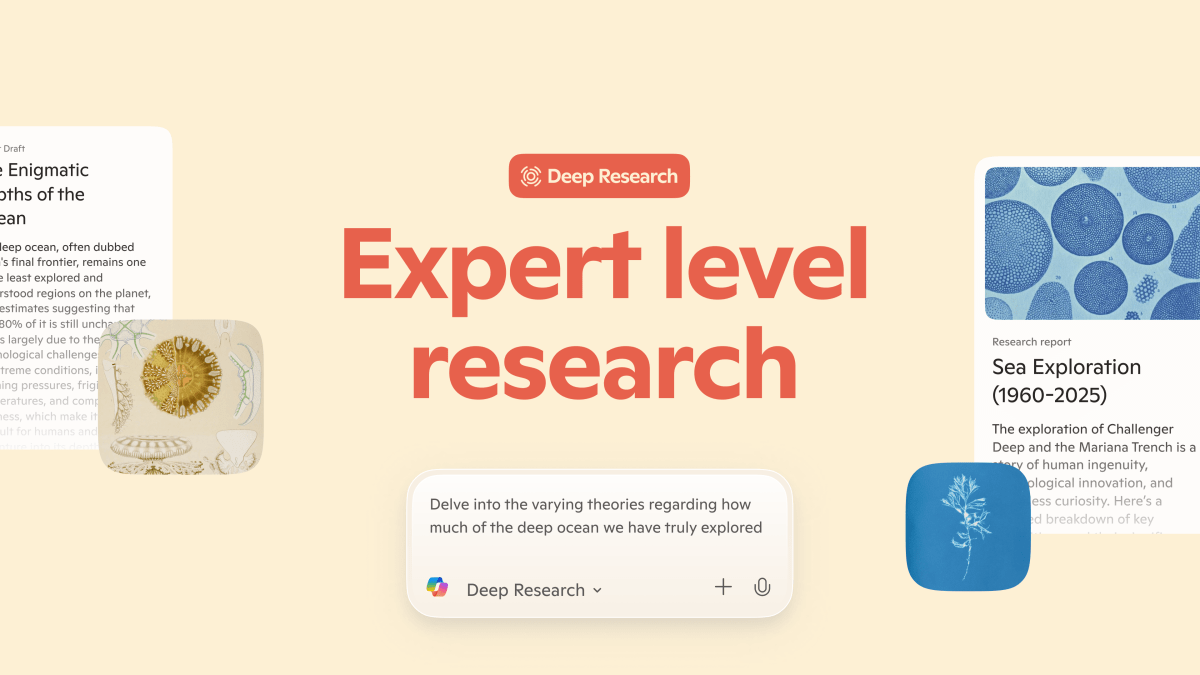
Microsoft
Microsoft has already quietly launched Copilot Search, the final entrant in Microsoft’s list of research-minded Copilot features. Copilot Search is a bit like Deep Research, in that it uses live web pages as a research tool. However, it’s designed to be both quick and factual, shoving away new AI-powered search engines like Anthropic from Bing’s role in traditional search.
Microsoft said that it’s beginning to roll out these experiences, beginning today. However, Microsoft hasn’t released a formal roadmap, which will likely vary by geography and language, as well as by feature.
Updated at 10:03 AM with additional details.





















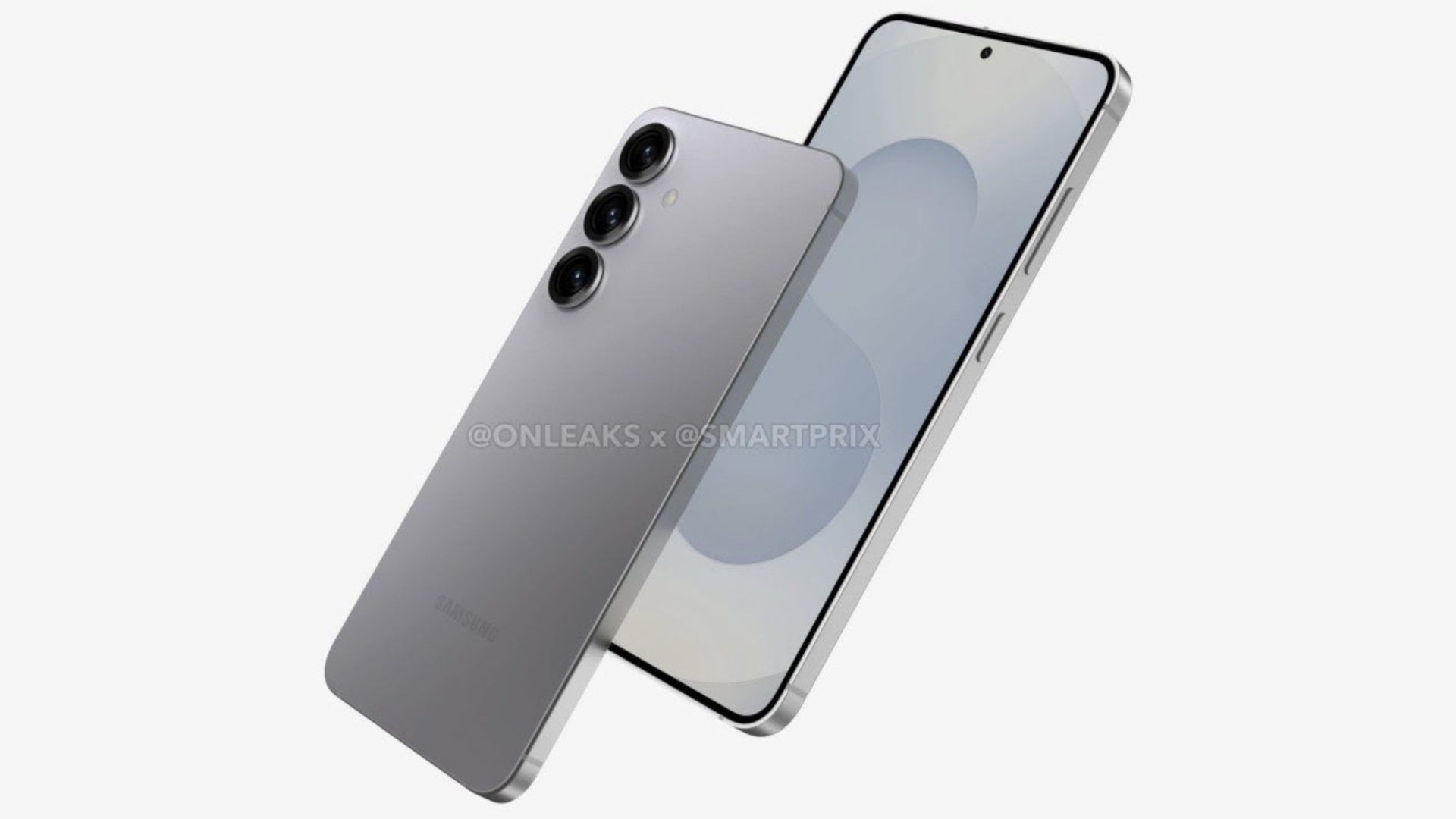
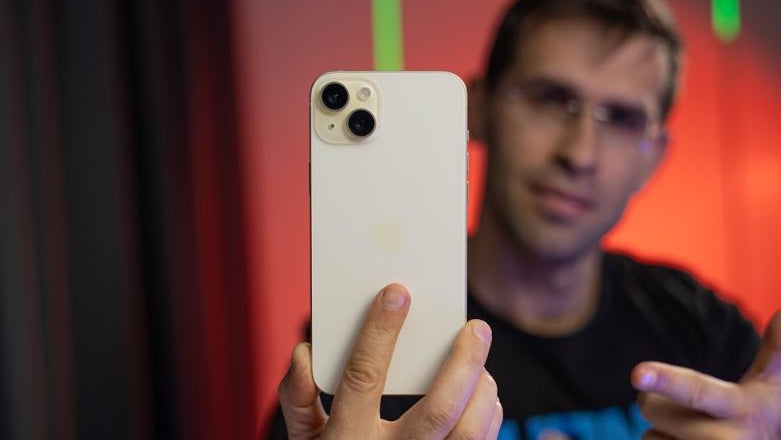






























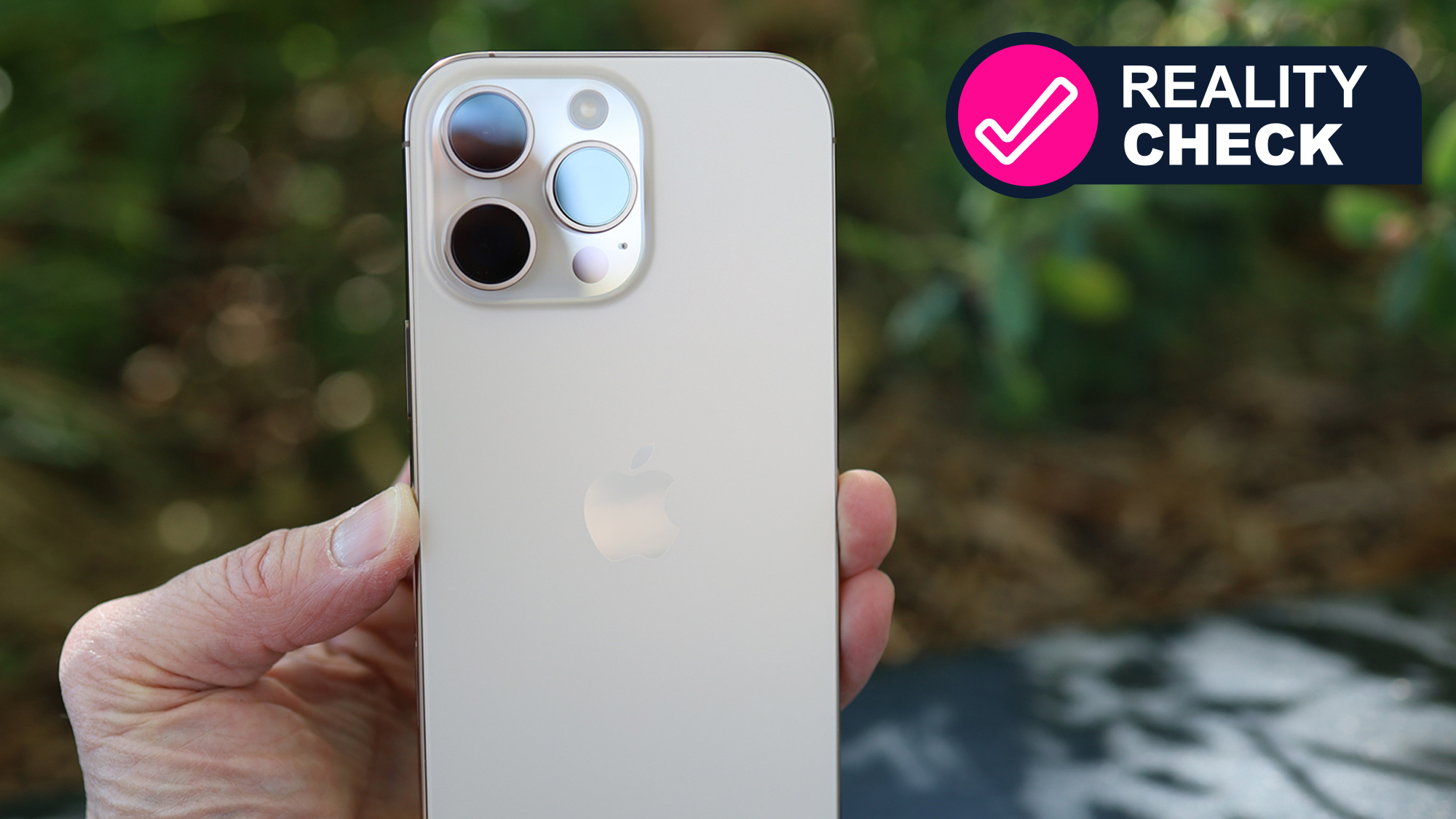

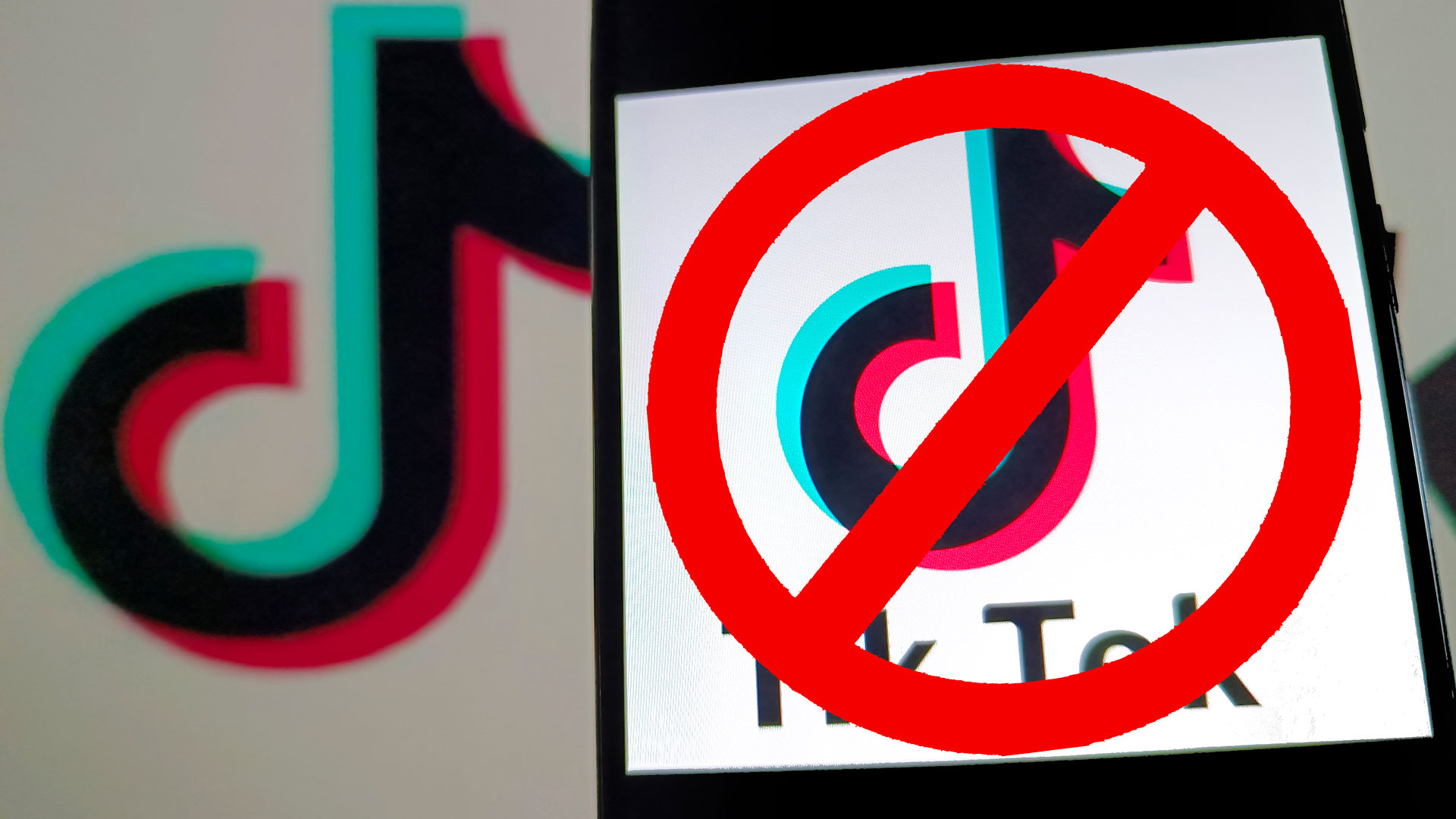
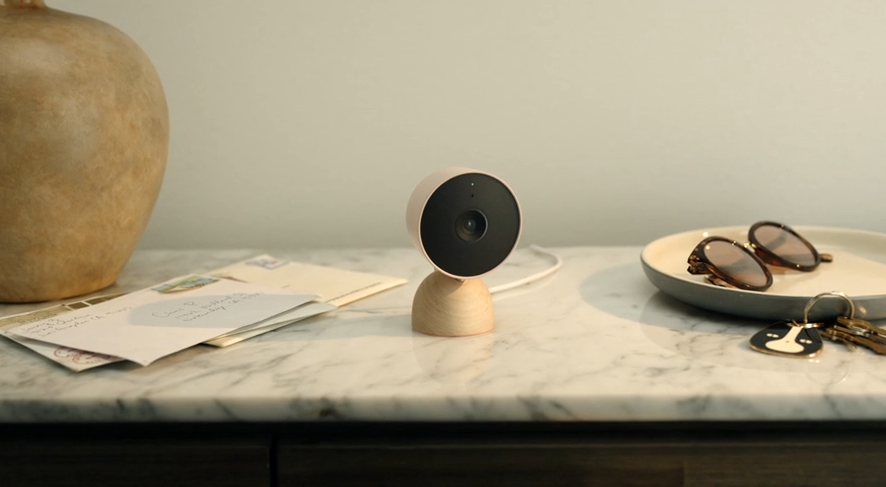

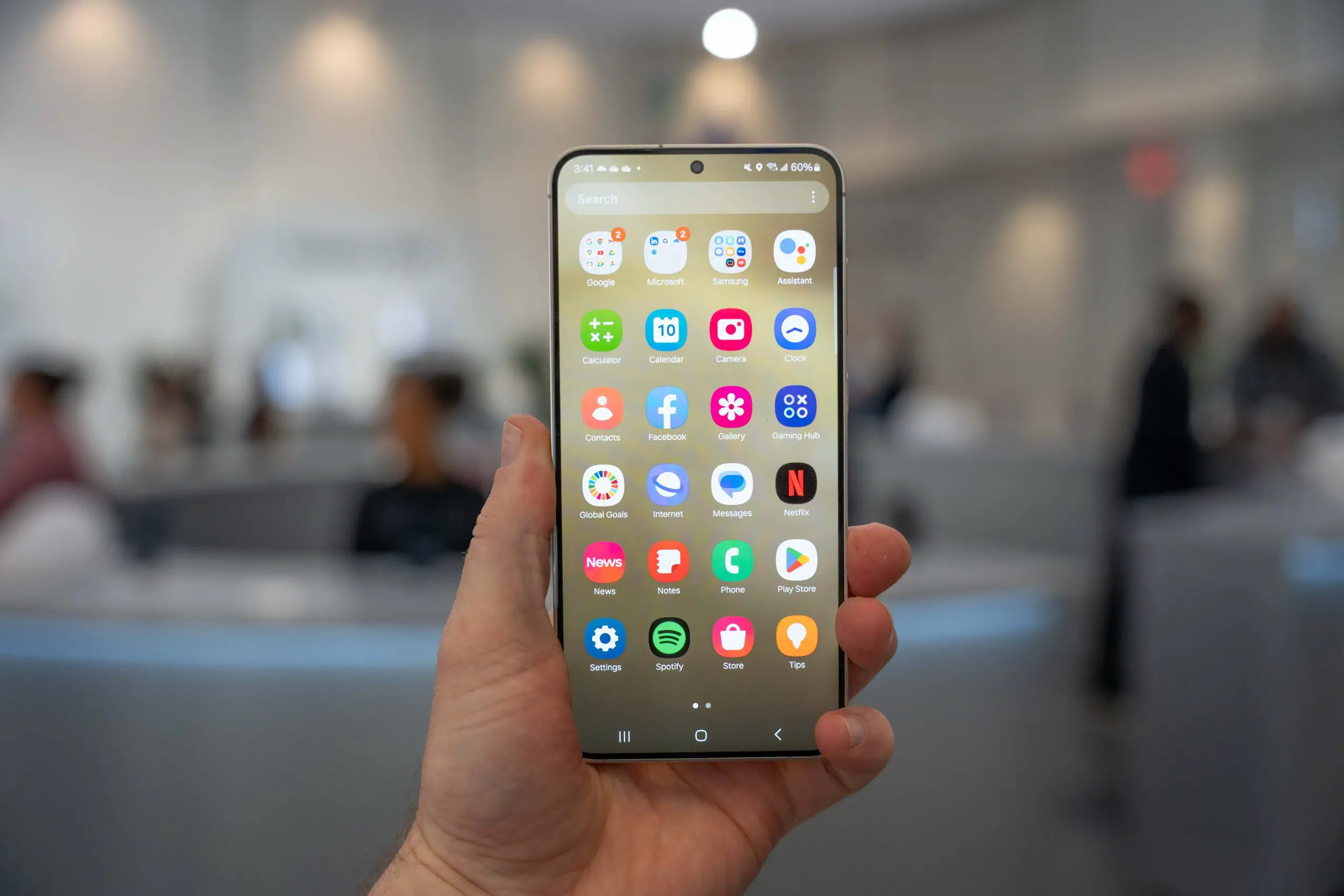









![Rapidus in Talks With Apple as It Accelerates Toward 2nm Chip Production [Report]](https://www.iclarified.com/images/news/96937/96937/96937-640.jpg)





















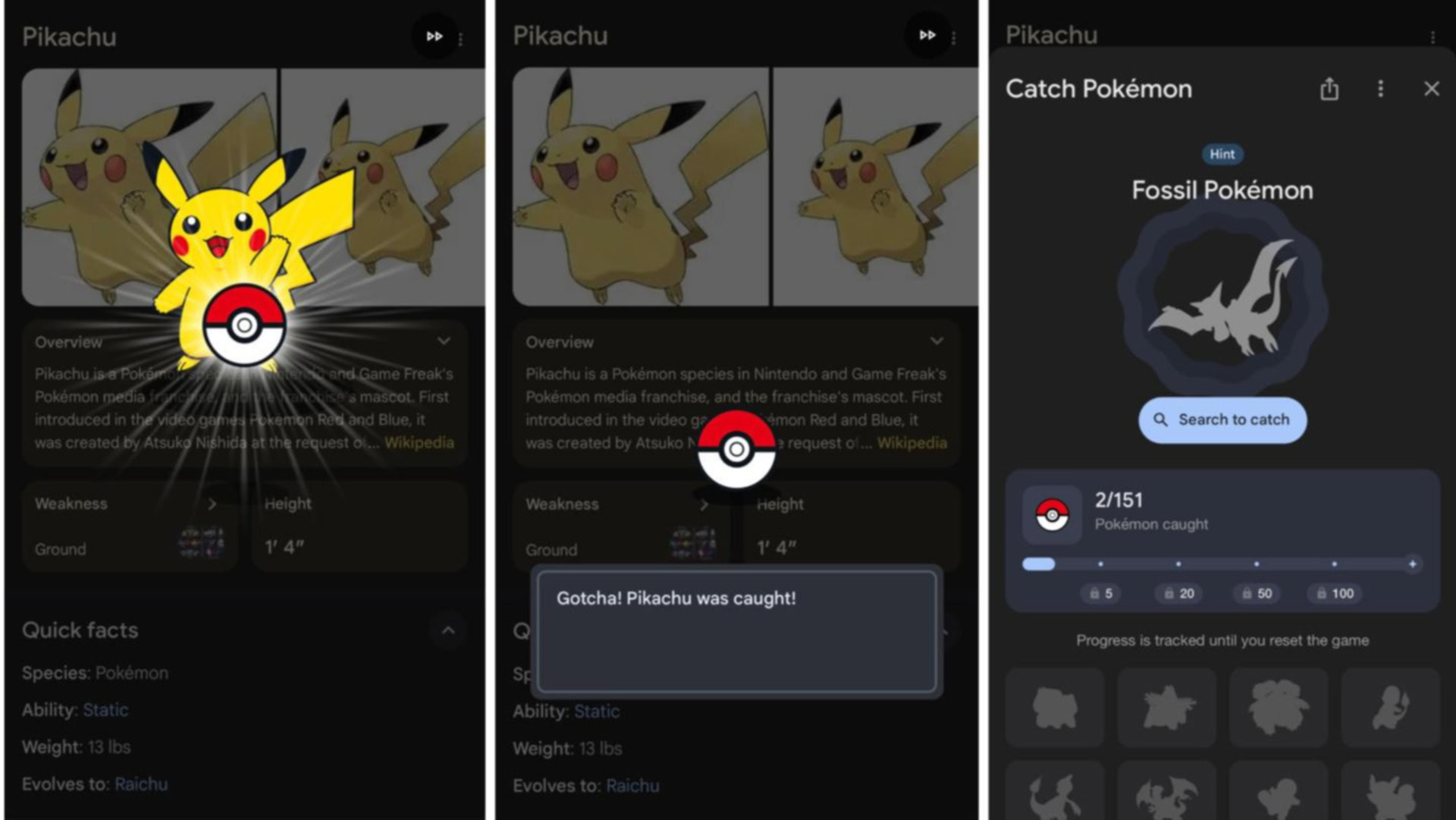

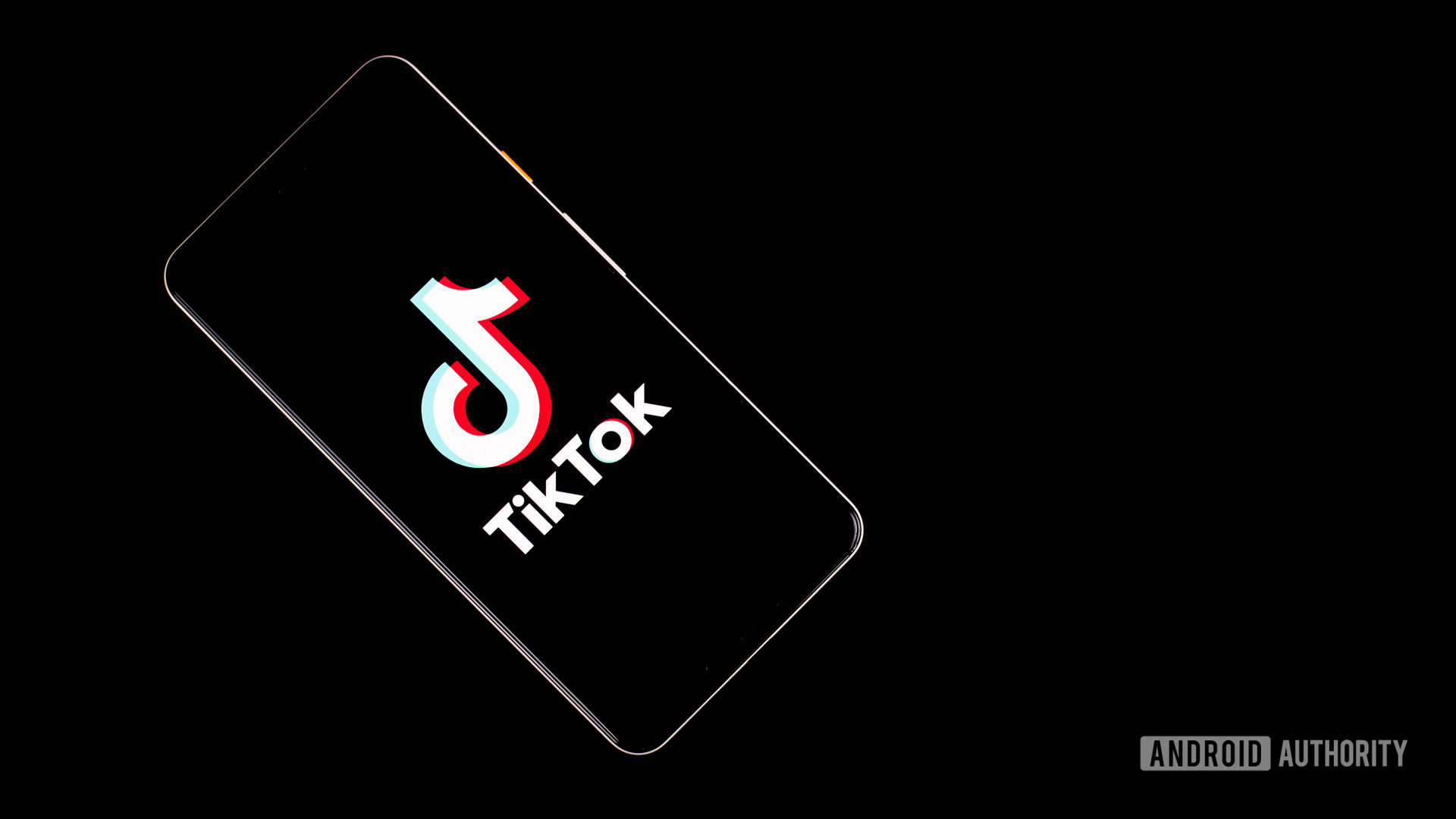



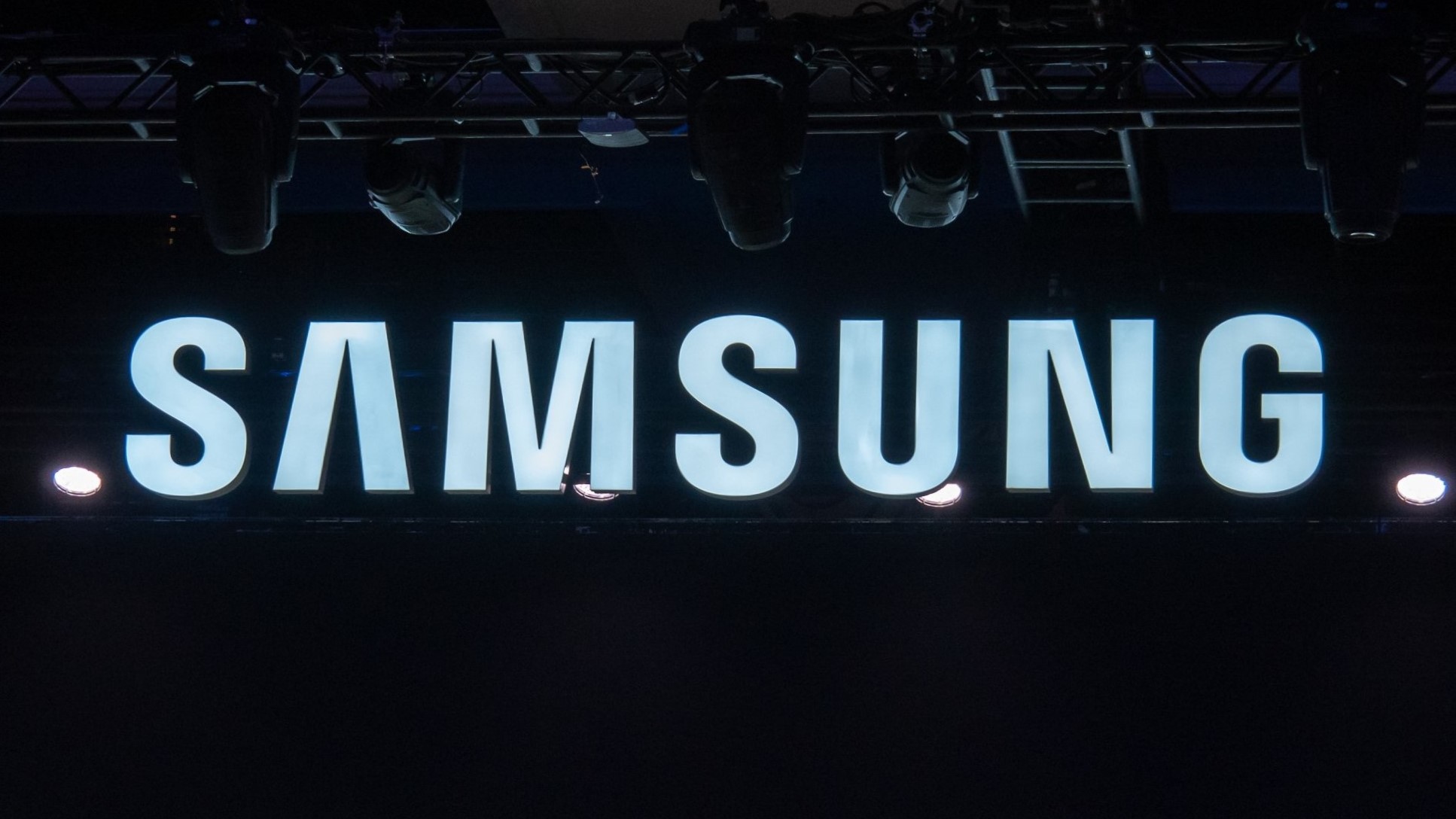

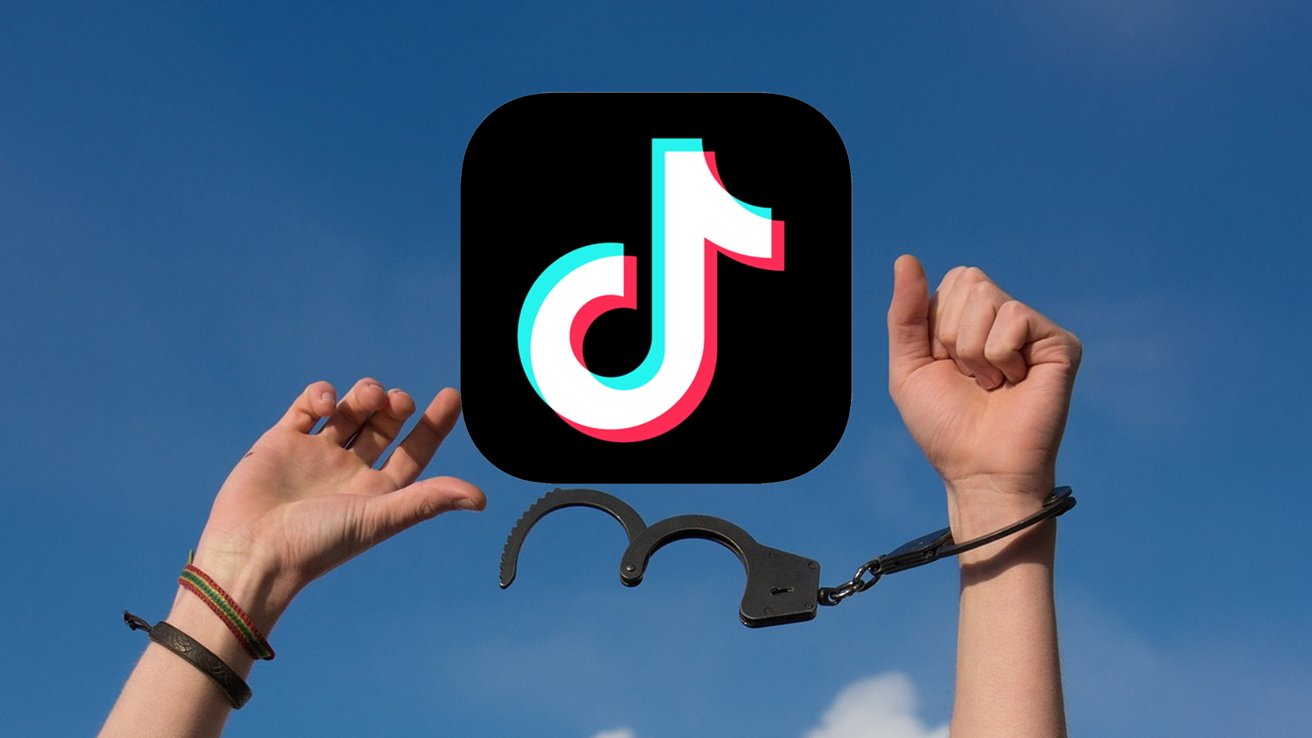







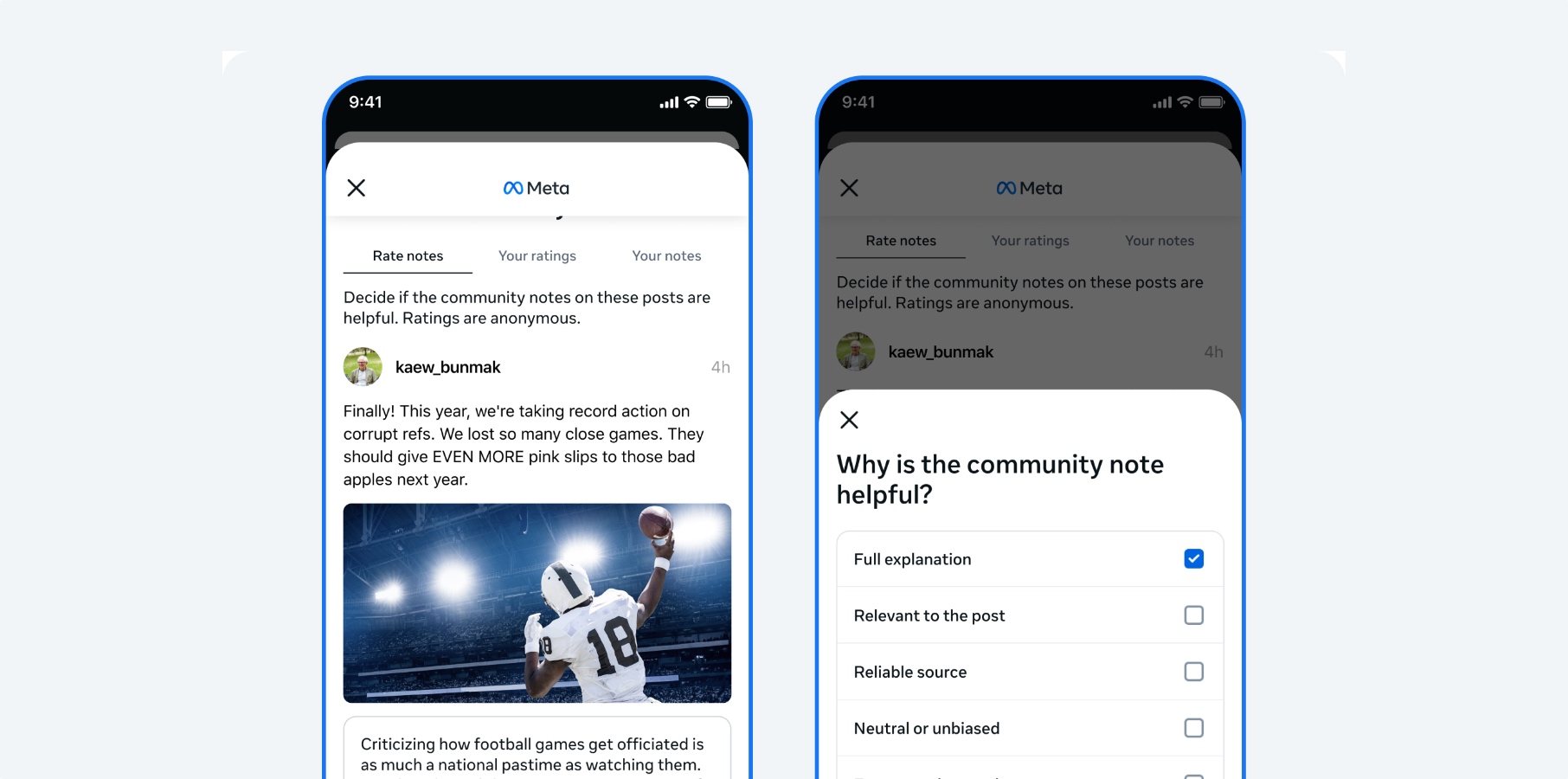




































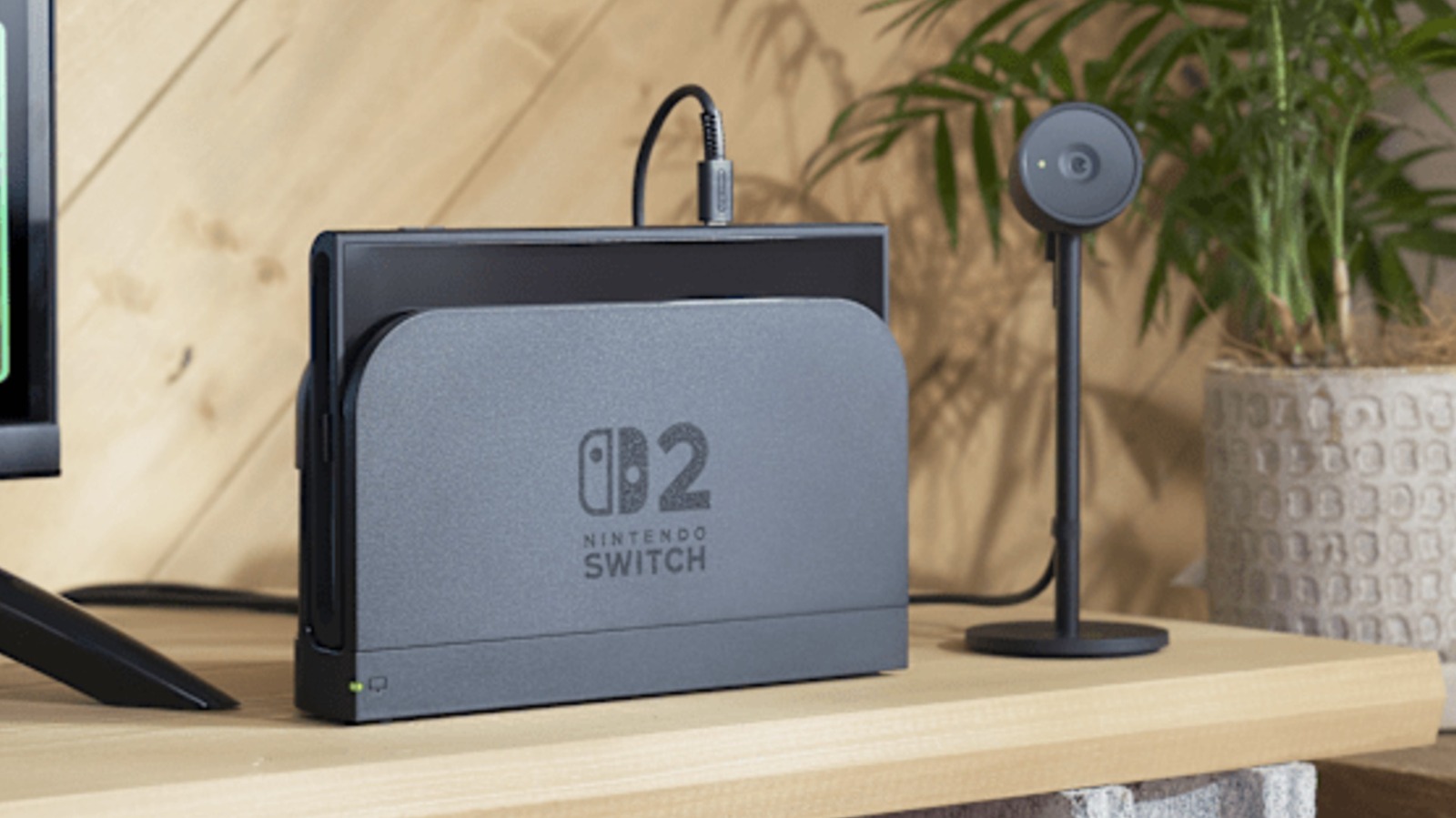

































.webp?#)
_Christophe_Coat_Alamy.jpg?#)









































































![[The AI Show Episode 142]: ChatGPT’s New Image Generator, Studio Ghibli Craze and Backlash, Gemini 2.5, OpenAI Academy, 4o Updates, Vibe Marketing & xAI Acquires X](https://www.marketingaiinstitute.com/hubfs/ep%20142%20cover.png)























































































![From drop-out to software architect with Jason Lengstorf [Podcast #167]](https://cdn.hashnode.com/res/hashnode/image/upload/v1743796461357/f3d19cd7-e6f5-4d7c-8bfc-eb974bc8da68.png?#)



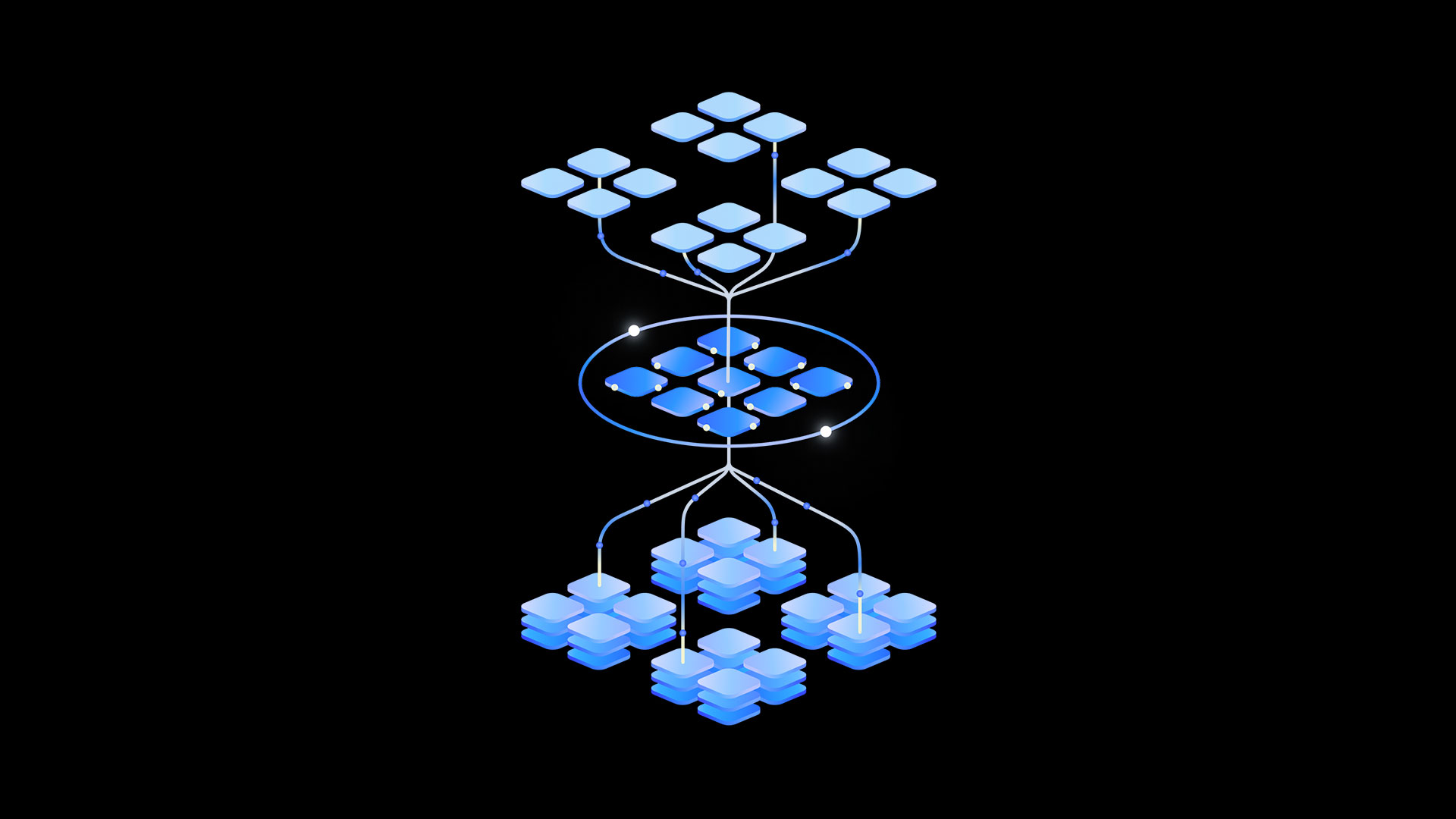





































































-Nintendo-Switch-2-–-Overview-trailer-00-00-10.png?width=1920&height=1920&fit=bounds&quality=80&format=jpg&auto=webp#)

















































